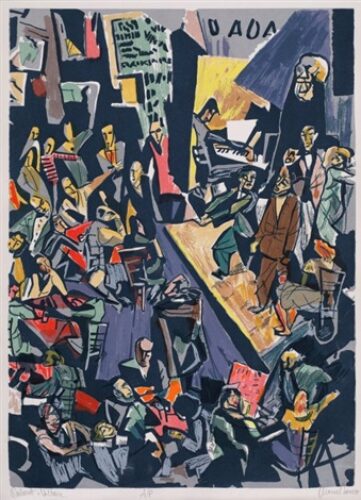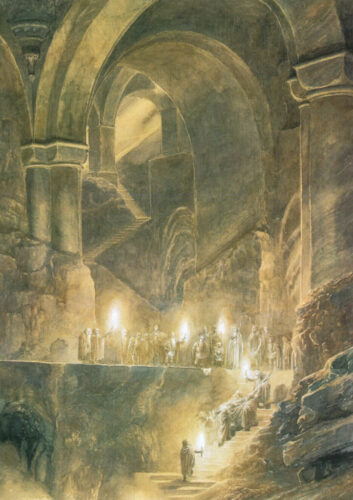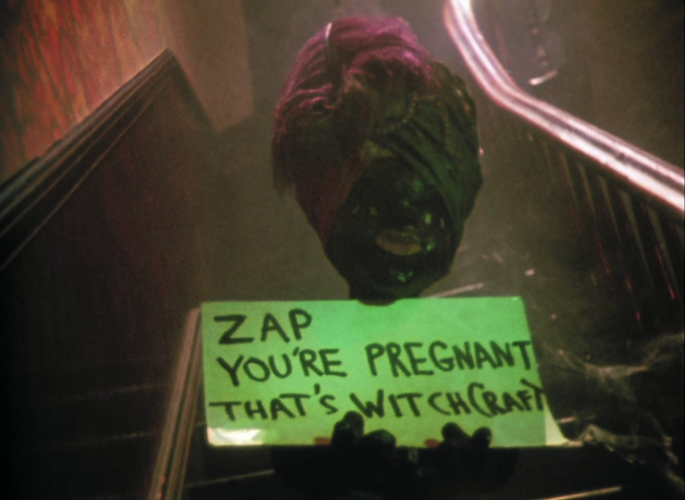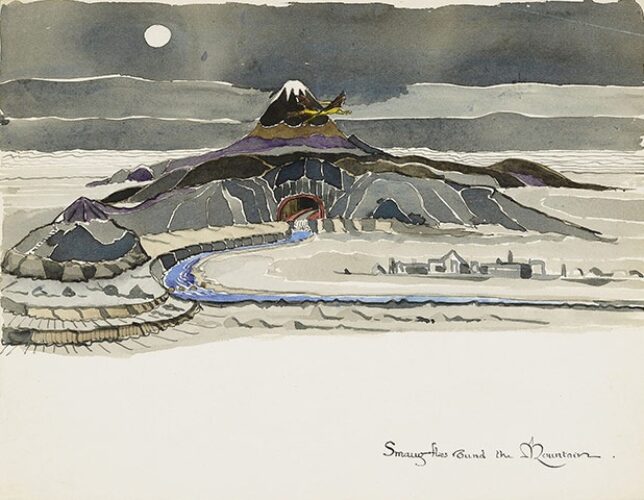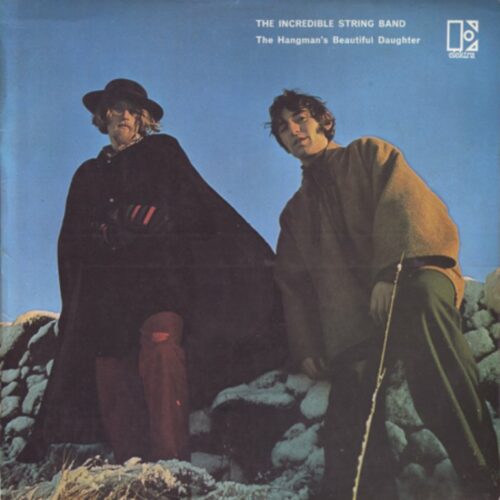Lake-town
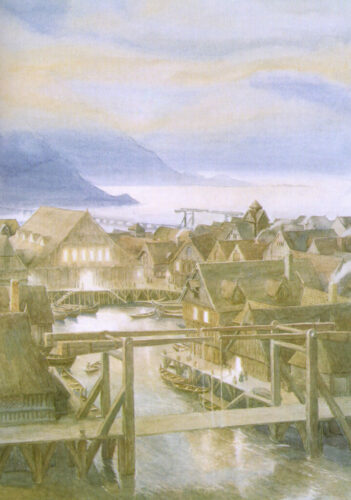
Names: Lake-town, Esgaroth (“Sindarized” word; untranslated)
Description: A quay market town on the Long Lake, south of Erebor, built on the ruins of an earlier settlement, possibly Esgaroth. It is founded by descendants of Dale, who use the lakeside spot to make a modest living trading with Dorwinion and the Woodland Realm. The town is governed by an elected Master. After the Lake-men assist Thorin Oakenshield in his quest to Erebor, Smaug destroys Lake-town and is killed by Bard, a local bowman and descendant of Dale’s former lord Girion. Bard leads the Lake-men in a hard-won alliance with the Dwarves of Erebor and Wood-elves of Mirkwood, after which he rebuilds Dale and Lake-town as King of Dale. By the time Elrond convenes his own personal Yalta Conference to deal with Sauron, Lake-town is just a slice of Dale’s thriving kingdom.

Shooting location in Wingnut Films’ adaptations: Stone Street Studios, Miramar, Wellington
In its lone ‘onstage’ appearance in The Hobbit, Lake-town perches on the Long Lake, built on “rotting piles of a greater town [which] could still be seen along the shores when the waters sank in a drought” (The Hobbit, “A Warm Welcome”). Some of its younger denizens, who’ve never experienced Dale’s prosperity or seen Erebor in its heyday, “openly doubted the existence of any dragon in the mountain”. Under an ineffective and avaricious Master, Lake-town profits off the Lake’s trade while lacking the wealth or power of its neighbors, Erebor and Mirkwood. When Smaug destroys Lake-town, he plunges its people into true poverty and dispossession. His killer, Bard, saves the Lake-people by reviving their ancestral power.
Prior to its sacking, Lake-town is reasonably lucrative; it “still throve on the trade that came up the great river from the South and was carted past the falls to their town” (‘A Warm Welcome’). It plays liaison for Dorwinion, the wine-makers’ land, and Mirkwood’s Woodland Realm, its customer; Dorwinion floats its wine in barrels up the Running River to Lake-town, whose people transport the barrels up the stream, deliver them to Mirkwood, and then retrieve them when the Wood-elves send them downstream. Tolkien does not indicate whether the Lake-men drink any Dorwinion wine themselves.
In Smaug’s time, Lake-town has neighbors but lacks allies. Whereas Dale’s prosperity was inextricable from its friendship with the Erebor dwarves, Lake-town’s trade is buffeted by “the bickering of the Lake-men and the Wood-elves about the upkeep of the Forest River and the care of the banks” (‘A Warm Welcome’). The Master’s initial skepticism of Thorin and company partially stems from that fact that “the Elvenking [Thranduil] was very powerful in those parts and the Master wished for no enmity with him” (‘A Warm Welcome’). Lake-town rests precariously on the lake of Wilderland class society; it’s not at war with anyone, but its deference to external power cuts against Tolkien’s utopian monarchism.
Lake-town also has an internal class society, illustrated by its socially stratified architecture (a rare piece of social realism from Tolkien).…

